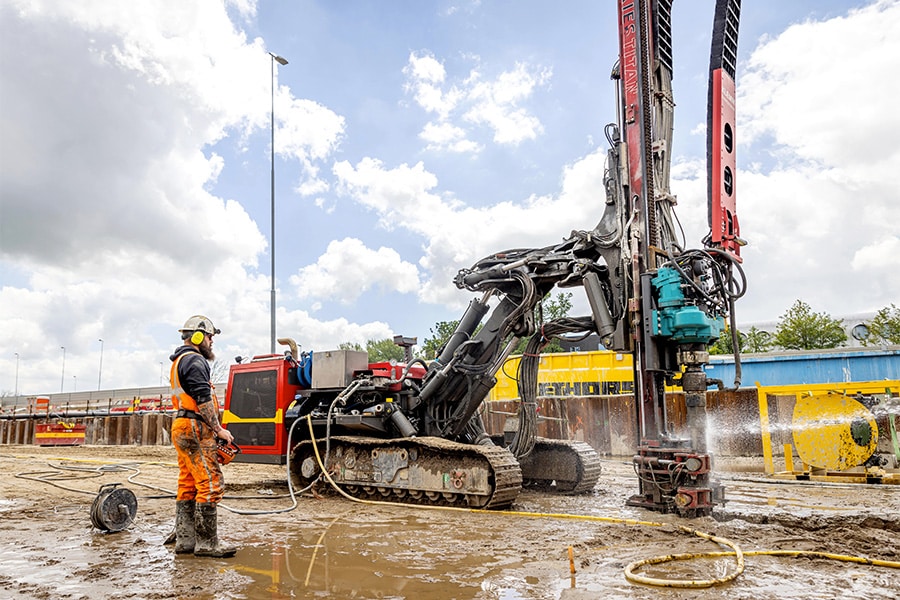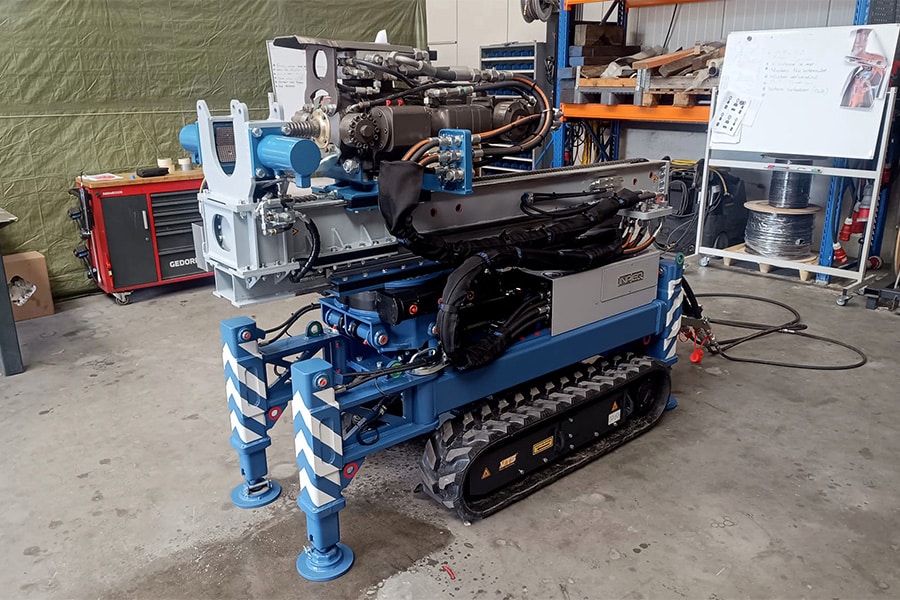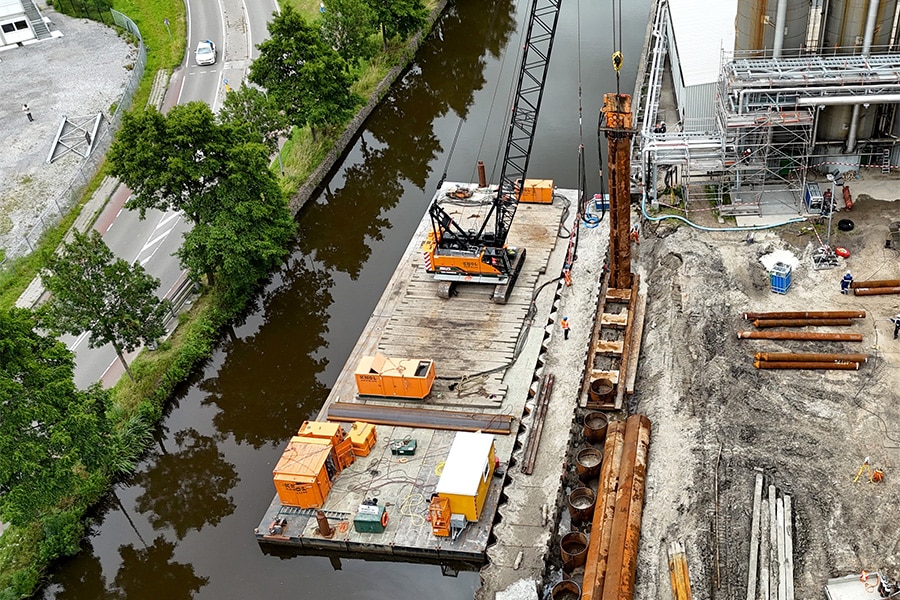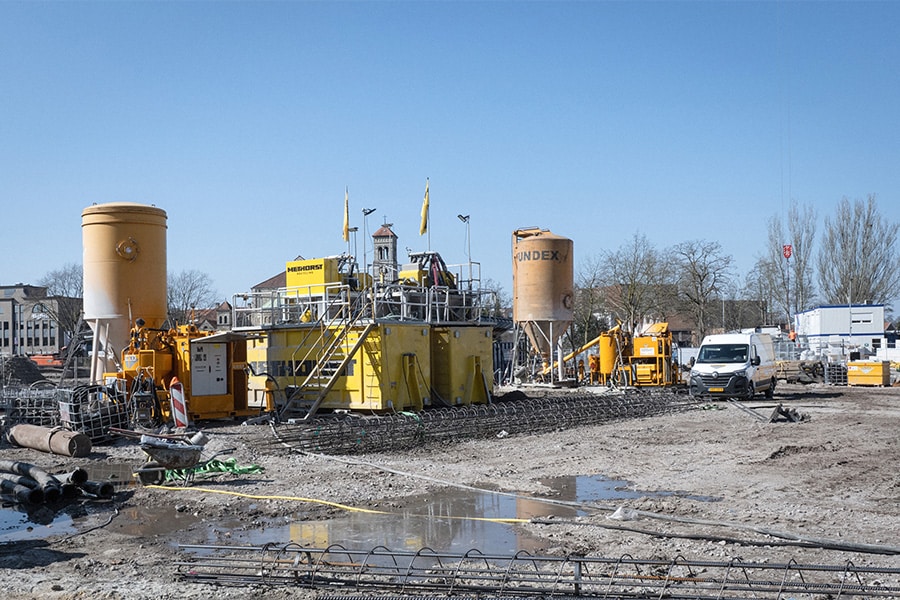
Oudewater-based De Bruyn Transport takes first 100% electric trucks for GWW heavy haulage into service.
Completely emission-free, silent, with a range of 300 km and a payload of at least 30 tons. Those are the four FM Electric Volvo trucks that will be on the road for de Bruyn Transport starting at the end of this year. The crème de la crème among the new style 'golden coaches' for heavy transport. Ordinary tractors on the face of it, but in reality a gigantic step forward in making the transport industry more sustainable.
For years, electric driving has been a hot topic. Consequently, the transition from fossil to zero-emission is becoming increasingly visible. Almost 20% of new passenger car sales will be electric by 2022. For the heavy-duty tractor segment, however, these developments were laborious until recently. But that has never stopped De Bruyn Transport from Oudewater from searching for sustainable solutions. "Long before the European decisions on electric transport were taken, we were already working on innovation in this field. As a transport company, we are aware of our Co2 footprint and we like to keep it as small as possible. We first focused on hydrogen for a while, but when that didn't take off after three years and Volvo announced the construction of electric vehicles for the heavy-duty segment, we went full throttle. We immediately bought four and were really the first to go in," says Joeri de Bruyn, director-owner of De Bruyn Transport together with sister Tirza de Bruyn.
With a fleet of more than 80 cars, the transition from fossil to zero-emission is quite a task. The biggest challenge? That's in the infrastructure needed to keep "the green fleet" operational. "You don't just connect this kind of equipment to 230V to charge, you need strong inverters for that. Given our working area in South Holland in particular, we started looking for partners in that region," said Joeri. The first electric charging station for heavy transport will be built in Schiedam before the end of the year. With the fast charger here you can charge up to 80% within the hour. With two hours of fast charging, you can count on the full range. "Creating charging stations is a priority right now. For good coverage, ideally two or three more charging stations will be added. We are in talks with the right partners. Because a project of this magnitude, you don't do it alone, you do it together," said Joeri de Bruyn.
With the advent of electric comes the end of an era, however unfortunate some may think it is. Driving with "the flame in the pipe" and a roaring engine is giving way to high acceleration and extremely high efficiency, with hardly any loss of energy in heat. This requires a different approach. Rolling out on the engine, releasing the throttle earlier, generating back and anticipating traffic more. "These are topics that we pay a lot of attention to together with our drivers. Investing in electric tractors and infrastructure is one thing, but being aware of how to use equipment and talking to each other about driving behavior and optimization, that's where the biggest gains are."
The first two of the four electric trucks will hit the road this year and will be suitable as single-axle tractors for various trailers and various GWW projects. "We are positive about the competition. Developments follow each other at such a rapid pace that we are forced to keep looking beyond what we were already doing. That challenge ensures that we also continue to take extra steps. That gives new energy," said Joeri de Bruyn.



